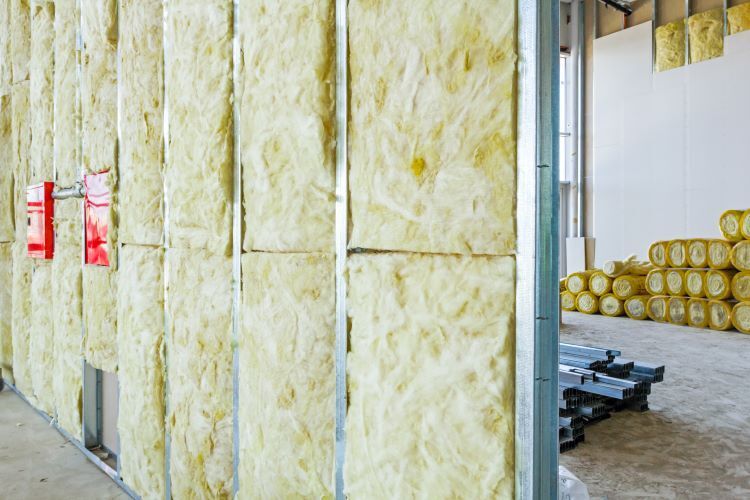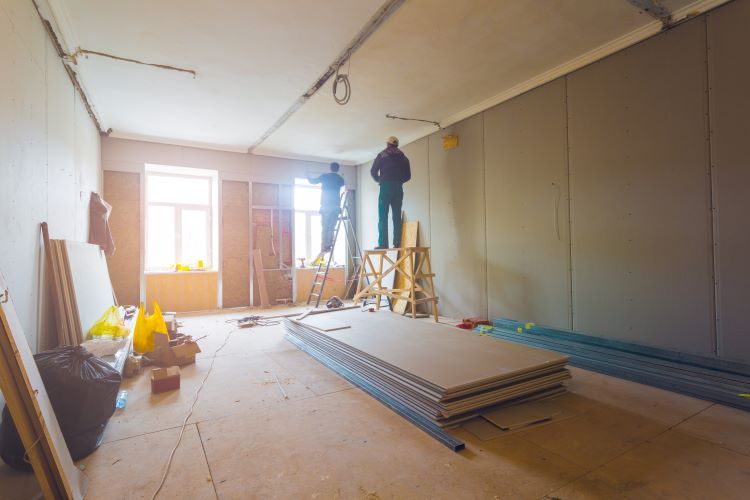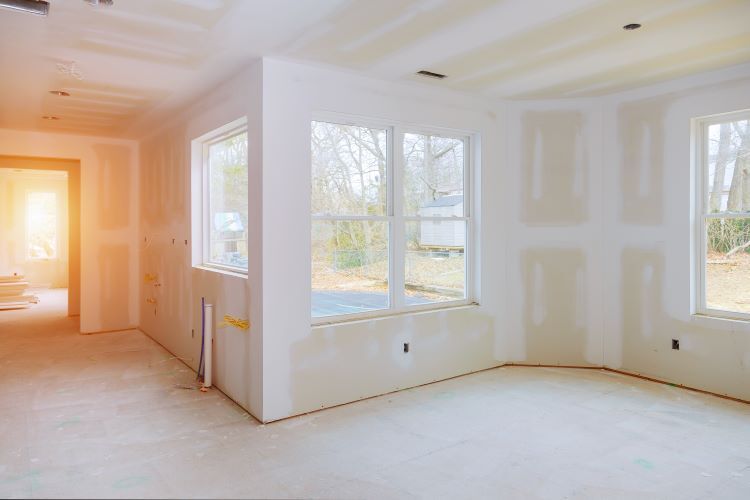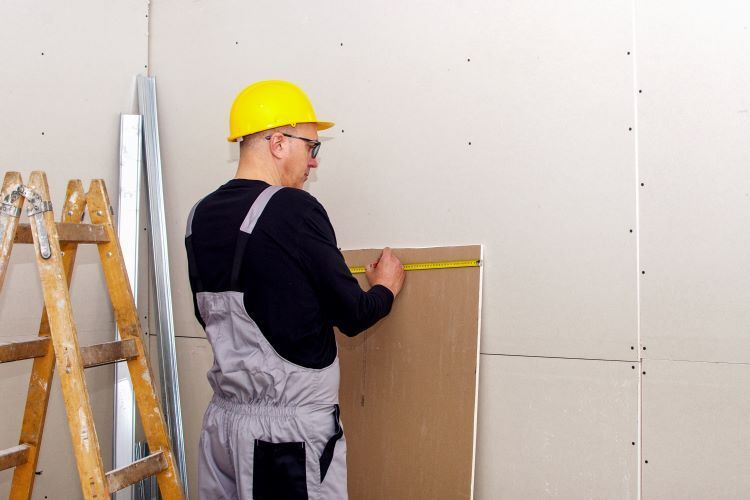Tips for Choosing the Right Drywall Insulation

Choosing the right insulation for your drywall is crucial for maintaining energy efficiency, comfort, and soundproofing in your home or office. At Saskatoon Drywallers, we understand the importance of making informed decisions when it comes to drywall insulation. Here's a guide to help you choose the right drywall insulation for your needs.
1. Understand Your Insulation Needs
Climate Considerations
Saskatoon experiences a wide range of temperatures throughout the year, from cold winters to warm summers. Proper insulation helps maintain a comfortable indoor temperature and reduces energy costs.
Purpose of the Space
Consider the function of the space. Insulation needs may differ for living areas, basements, attics, or commercial spaces. For example, a basement might require moisture-resistant insulation, while a home office might benefit more from soundproof insulation.
2. Types of Insulation
Fiberglass Insulation
Fiberglass insulation is one of the most common types of insulation used in drywall applications. It is available in batts, rolls, or loose-fill.
Benefits:
- Affordable and widely available
- Good thermal resistance
- Non-combustible
Best For:
- Standard residential and commercial applications
Spray Foam Insulation
Spray foam insulation expands to fill gaps and create a tight seal, offering excellent thermal resistance and air sealing properties.
Benefits:
- High R-value per inch
- Reduces air leaks
- Moisture-resistant
Best For:
- Areas with irregular shapes
- Spaces requiring a high level of insulation
Cellulose Insulation
Made from recycled paper products, cellulose insulation is an eco-friendly option that can be blown into walls or applied as a spray.
Benefits:
- Environmentally friendly
- Good thermal and sound insulation
- Pest-resistant due to borate treatment
Best For:
- Green building projects
- Retrofits in existing walls
Mineral Wool Insulation
Mineral wool, or rock wool, is made from natural minerals and offers excellent fire resistance and soundproofing properties.
Benefits:
- Fire-resistant
- Good sound absorption
- Moisture and mold resistant
Best For:
- Areas requiring enhanced fire protection
- Soundproofing applications
3. Consider the R-Value
The R-value measures the insulation's thermal resistance. Higher R-values indicate better insulating properties. The recommended R-value depends on the climate and the specific area of your home. For Saskatoon's climate, consider the following R-values:
- Walls: R-13 to R-21
- Attics: R-38 to R-60
- Floors: R-25 to R-30
4. Evaluate Installation Methods
Batts and Rolls
These are pre-cut sections of insulation that fit between wall studs, joists, and rafters. They are relatively easy to install and suitable for standard framing.
Blown-In Insulation
Blown-in insulation, such as cellulose or fiberglass, is ideal for filling cavities and hard-to-reach areas. It requires specialized equipment for installation but provides a more uniform coverage.
Spray Foam
Spray foam insulation is applied as a liquid that expands and hardens. It is best installed by professionals to ensure proper application and safety.
5. Soundproofing Considerations
If noise reduction is a priority, consider using soundproofing insulation, such as mineral wool or specialized soundproofing batts. These materials help reduce noise transmission between rooms and improve overall acoustics.
6. Moisture and Mold Resistance
For areas prone to moisture, such as basements and bathrooms, choose moisture-resistant insulation materials like closed-cell spray foam or mineral wool. These options help prevent mold growth and maintain a healthy indoor environment.
Conclusion
Choosing the right drywall insulation is essential for achieving energy efficiency, comfort, and soundproofing in your space. By considering factors such as climate, R-value, and specific needs of the area, you can make an informed decision. At Saskatoon Drywallers, we are here to help you select and install the best insulation for your project.
Contact us today for expert advice and professional services to ensure your home or office is well-insulated and comfortable year-round.
You might also like


